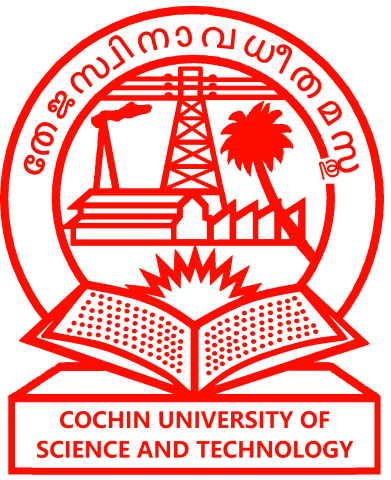

Description
Centre for Neuroscience (CNS) is a research centre at Cochin University of Science &
Technology (CUSAT), and it has been actively engaged with several areas of brain
research since its inception in 2000. In the beginning, the centre was mainly
concentrating on molecular-level research in the area of Neuroscience. The focus was
later shifted to an interdisciplinary approach to study the development of brain from
every dimension. In order to address this, Prajñā was formed, which sets a hallmark
in bridging science and society under the rubric of Centre for Neuroscience. The
meaning of Prajñā is "insight or non-discriminating knowledge," and the literal
meaning of Prajñā is "Pra" meaning higher or supreme and "Jna" meaning
consciousness, "knowledge" or "understanding". The concept of Prajñā is not only
developed as a community outreach of the centre, but also a platform for
interdisciplinary and inter-sector collaboration for setting up a resilient society.
Udbodh is the third project of "Prajna" of the Centre for Neuroscience, in association
with the district administration, Ernakulam. As the title Udbodh means, 'to awaken or
enlighten,' the project aims to establish a comprehensive dementia care system and
encourage society to have compassion towards people with dementia. The project's
goal was to establish the first dementia-friendly city in India. A dementia-friendly
city (DFC) is an adaptation of an international concept Dementia-friendly community
in which the CNS has made several changes according to the regional
peculiarities. Udbodh-DFC envisioned a city where people will be aware of and
understand dementia and ensure support through various care systems that can offer
clinical and social care for people with dementia. Hence, people with dementia can
continue to live in the way they want to and in the community they choose. Udbodh
has developed several care systems in the community, such as a Memory Café,
Memory Clinic, Dementia Day Care Centre, Dementia Friendly
Psychologists, Formal CareGivers, and Dementia Friendly Doctors. In addition,
Udbodh has provided awareness classes to the entire local self-departments such as
the grama panchayath, municipalities, and corporation in the Ernakulam district.
There are 82 grama panchayaths, 14 municipalities, and one corporation in Ernakulam
district. Under the Udbodh project, a few dementia screening camps at various grama
panchayaths were also conducted. More than 100 schools at the corporation were
given awareness classes. All the colleges at Cochin Corporation were given awareness
classes. Almost all the hospitals and nursing institutions at Cochin Corporation were
given orientation classes. Approximately 400 programmes were organized at the
grassroots level, and extensive media advocacy for dementia care was also carried out.
Finally, Udbodh has developed a mobile-based app known as "prajna" for
connecting all the aforementioned care systems to facilitate dementia care in Kerala.
DDUK of CUSAT is partnering with Prajna to develop and maintain this mobile app.
Udbodh adopted Cochin Corporation to build a model DFC. Today, Kochi is the first
dementia-friendly city in India.
Similar Items